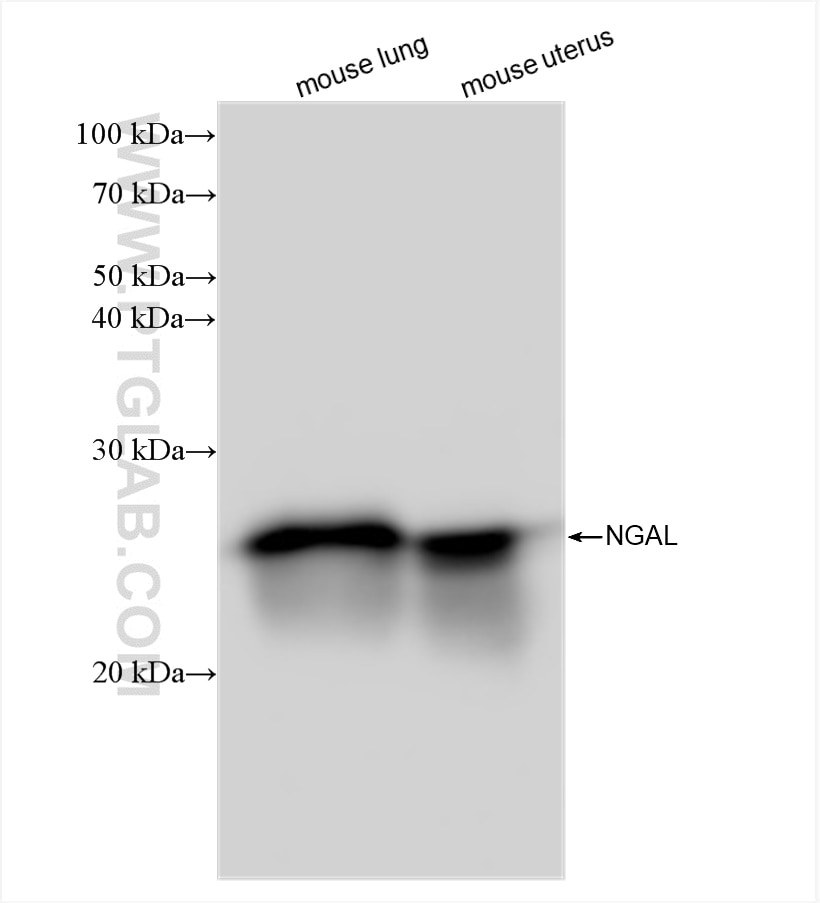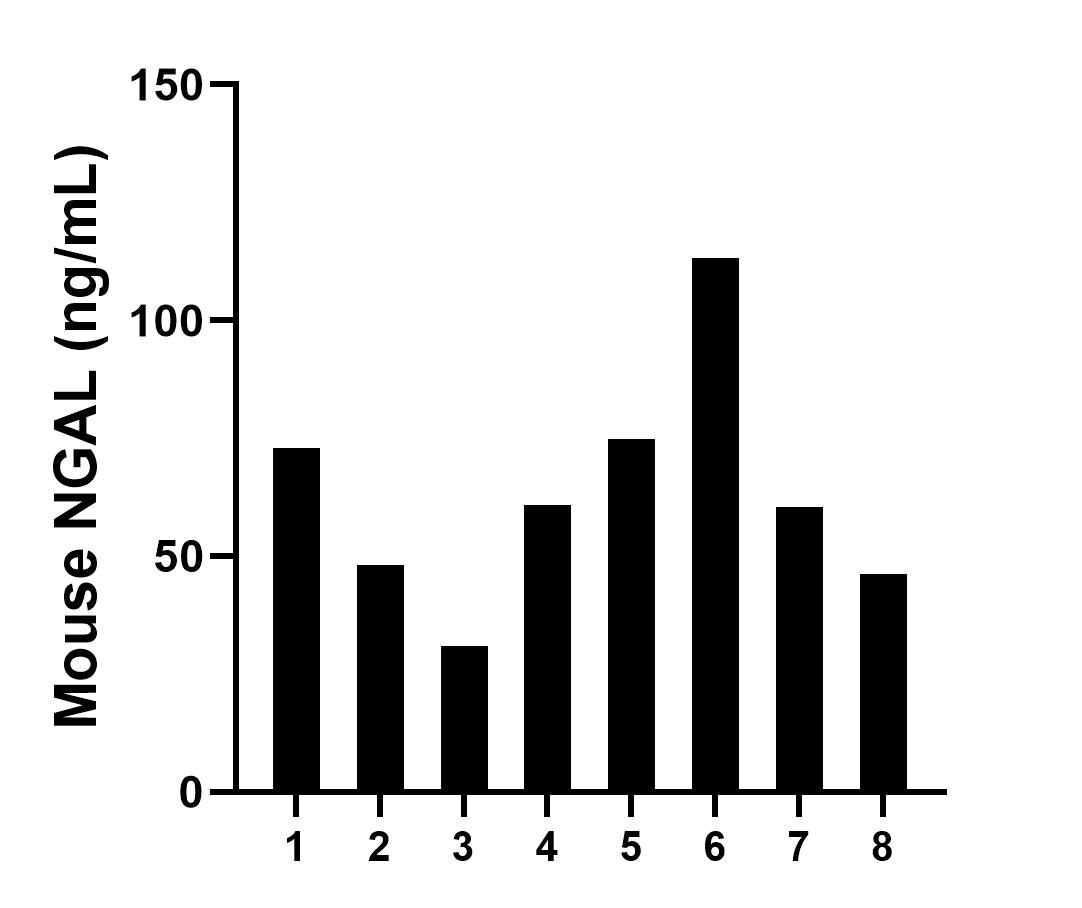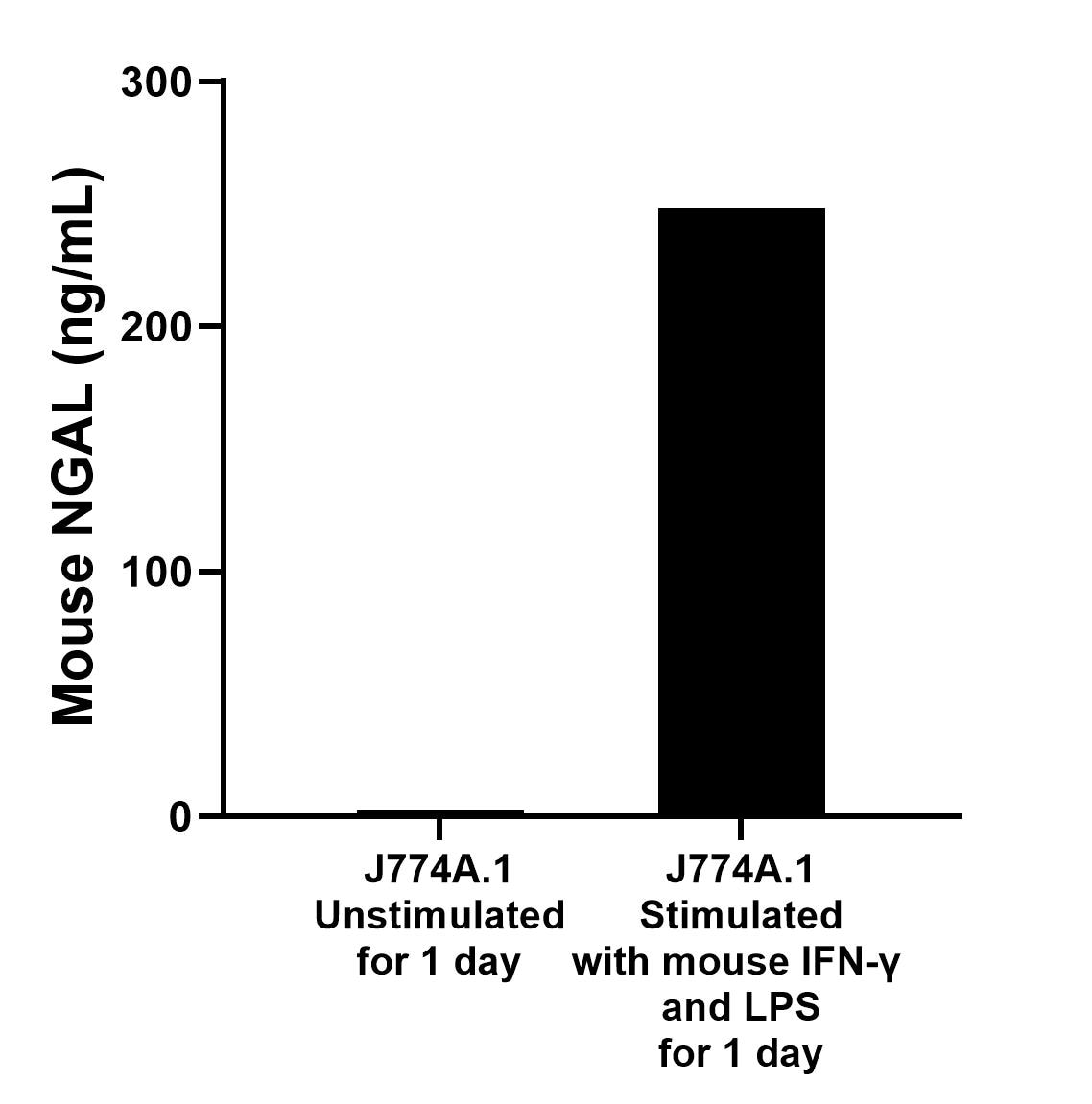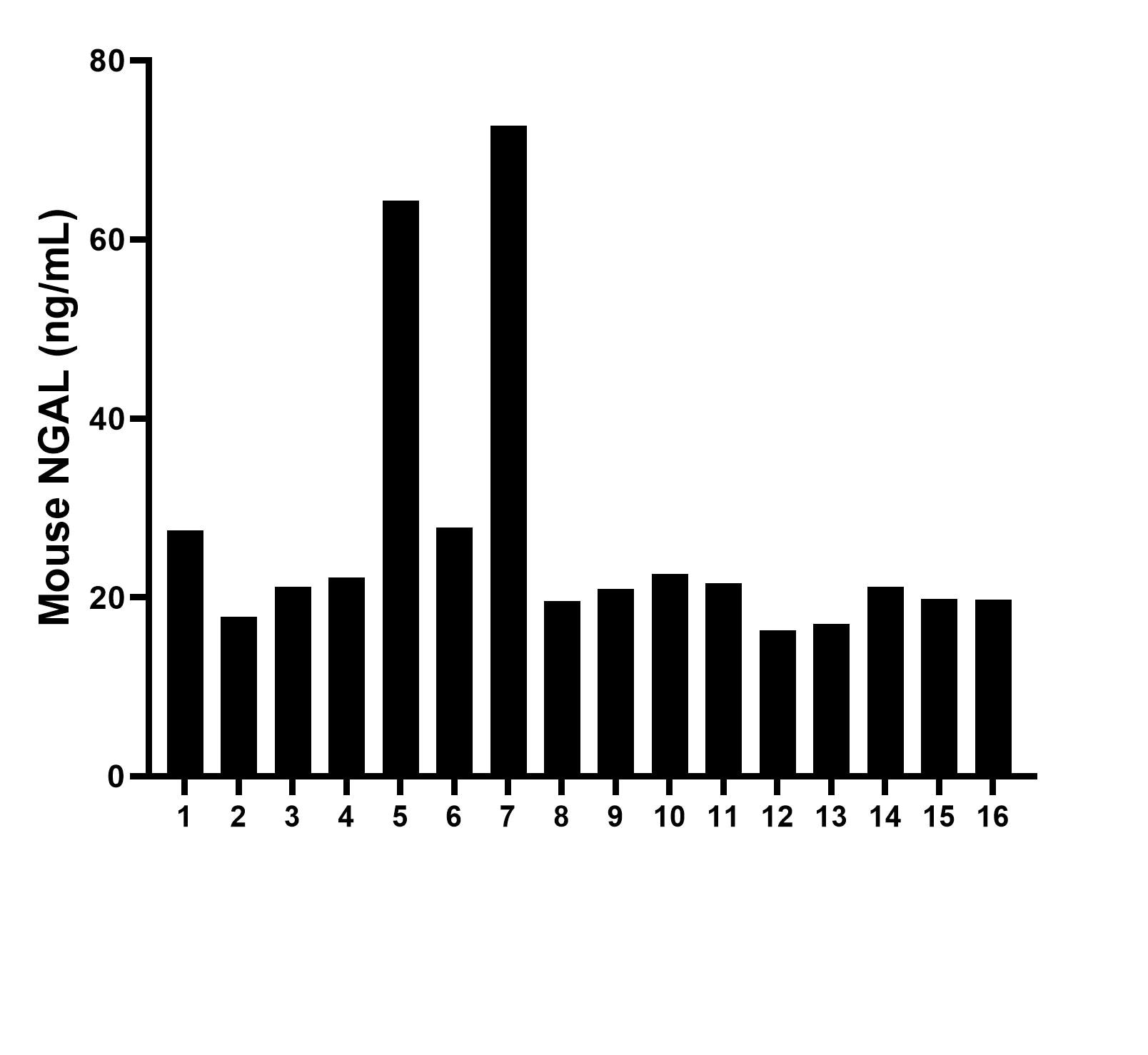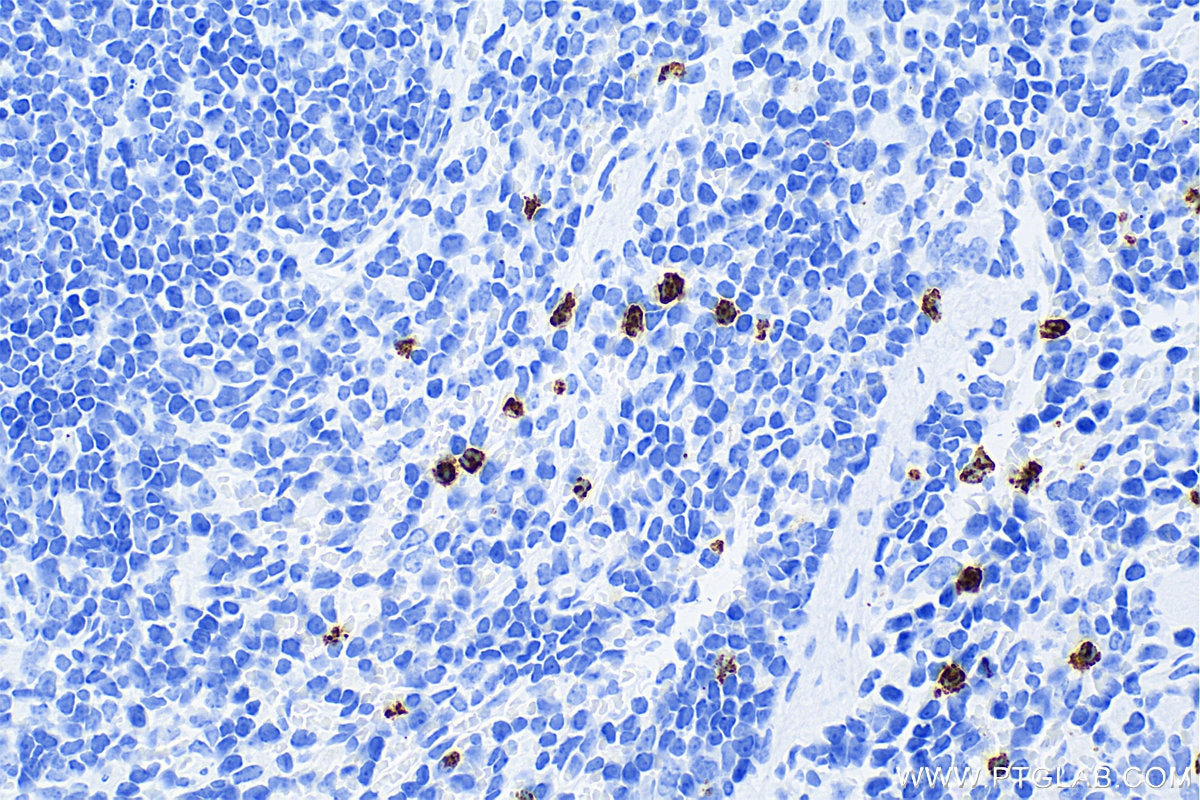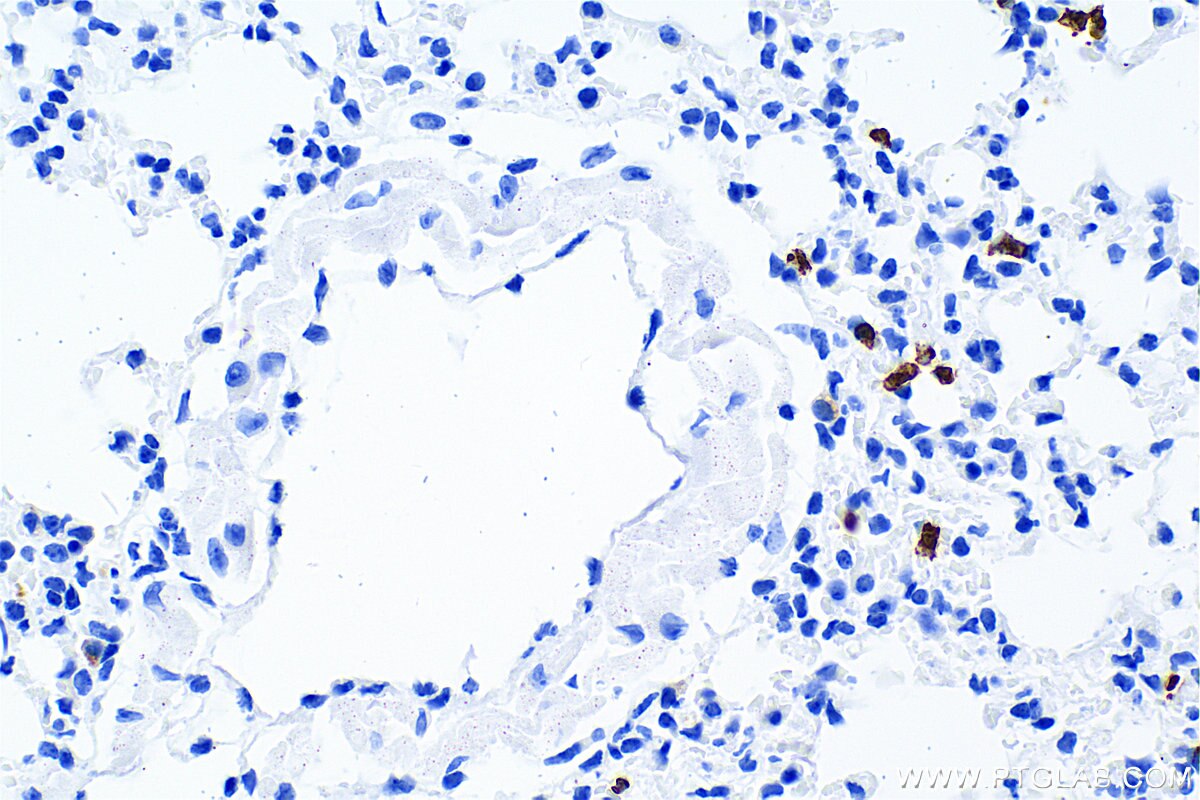Product Information
83102-1-PBS targets Lipocalin-2/NGAL as part of a matched antibody pair:
MP00302-4: 83102-1-PBS capture and 83102-5-PBS detection (validated in Sandwich ELISA)
Unconjugated rabbit recombinant monoclonal antibody in PBS only (BSA and azide free) storage buffer at a concentration of 1 mg/mL, ready for conjugation. Created using Proteintech’s proprietary in-house recombinant technology. Recombinant production enables unrivalled batch-to-batch consistency, easy scale-up, and future security of supply.
This conjugation ready format makes antibodies ideal for use in many applications including: ELISAs, multiplex assays requiring matched pairs, mass cytometry, and multiplex imaging applications.Antibody use should be optimized by the end user for each application and assay.
| Tested Reactivity | mouse |
| Host / Isotype | Rabbit / IgG |
| Class | Recombinant |
| Type | Antibody |
| Immunogen | Recombinant protein Predict reactive species |
| Full Name | lipocalin 2 |
| Calculated Molecular Weight | 23KD |
| Observed Molecular Weight | 25 kDa |
| GenBank Accession Number | NM_008491.1 |
| Gene Symbol | NGAL |
| Gene ID (NCBI) | 16819 |
| Conjugate | Unconjugated |
| Form | Liquid |
| Purification Method | Protein A purification |
| UNIPROT ID | P11672 |
| Storage Buffer | PBS Only |
| Storage Conditions | Store at -80°C. |
Background Information
Neutrophil gelatinase-associated lipocalin (NGAL, also known as lipocalin-2, siderocalin, or LCN2) is a small molecule of almost 25 kDa that belongs to the well-defined superfamily of proteins called lipocalins. NGAL was initially found in activated neutrophils, under its role as an innate antibacterial factor. However, it subsequently was shown that many other types of cells, including in the kidney tubule, may produce NGAL in response to various injuries. NGAL may become one of the most promising next-generation biomarkers in clinical nephrology and beyond. This antibody recognizes mouse Lipocalin-2/NGAL.
